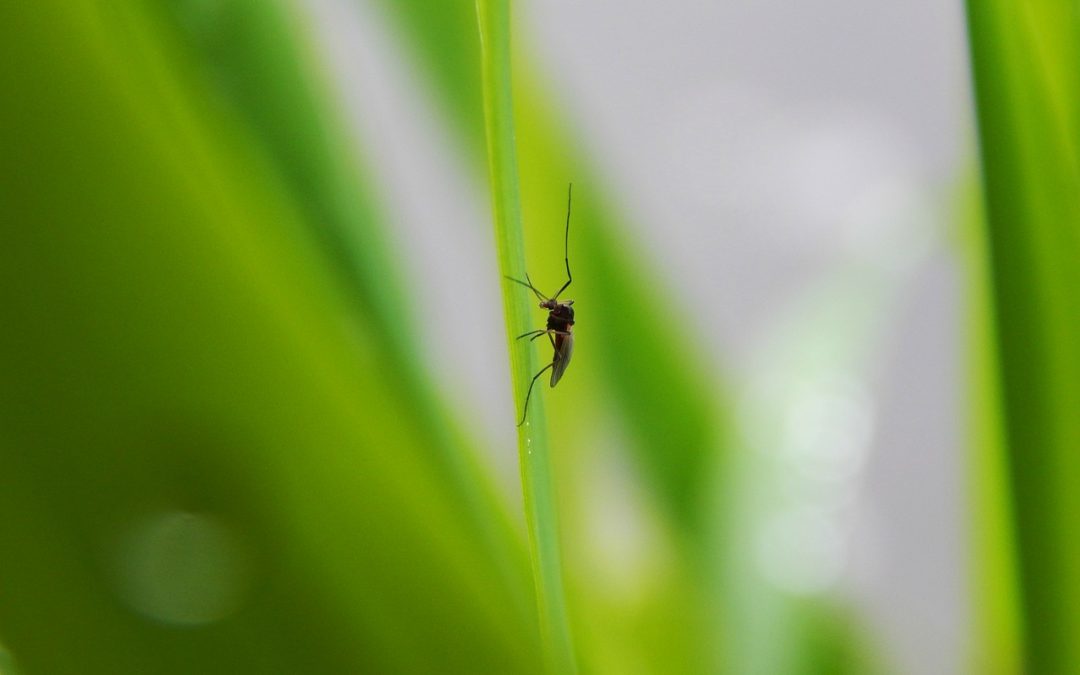Marketing For This Choice Is A Massive Moral Dilemma
What if we just eliminate a harmful species on purpose? Is that ethical? Is it right? What a world could we have…or rather: make?
While the technological singularity is a hot button topic right now and something we all need to think about before it happens, the other side of the pond is also getting interesting.
And by that I mean, the biology side. Because mosquitoes are a growing problem to our species with the dangerous diseases they deliver. And for a long time, especially in smaller countries, causing a death toll–children included.
So the question is…what if we didn’t have those kinds of mosquitoes anymore? What if we could remove them, all of them? In short order?
An extinction of a subspecies.
Science is getting faster at solving problems and emerging methods allow altering a species’ DNA. And the capacity to make things stronger, or extinct, becomes a possibility.
Sounds like science fiction, but it won’t be for long. And with the occurrence of mosquito-borne diseases even happening in Florida, all of us need to consider what we are willing to do here.
Marketing The Outcome To Feel Positive Is Possible…But Should We Really Play God?
Because it sets a precedent. If we can alter one species, why not another? Why not humans? The idea of making people stronger, faster, and yes: mutants, is one that marketing for is easy, but we do have to keep in mind if it’s right to do.
Because it’s not going to be a switch easily un-flipped. And the consequences of humans messing in the affairs of the natural world are also something well-explored by science fiction. And it doesn’t usually go well.
If you liked this article, you can read more of Brandon Scott’s work on The Hive, or at his website: www.coolerbs.com


Kind of an interesting proposition given all the talk of the Anthropocene epoch, which has apparently seen unprecedented damage to the various ecosystems around the world. Removing a part of the ecosystem without understanding the role it plays is like hacking out part of the brain with no real idea of the lasting consequences. This article had some pretty interesting stuff to say http://www.nature.com/news/2010/100721/full/466432a.html